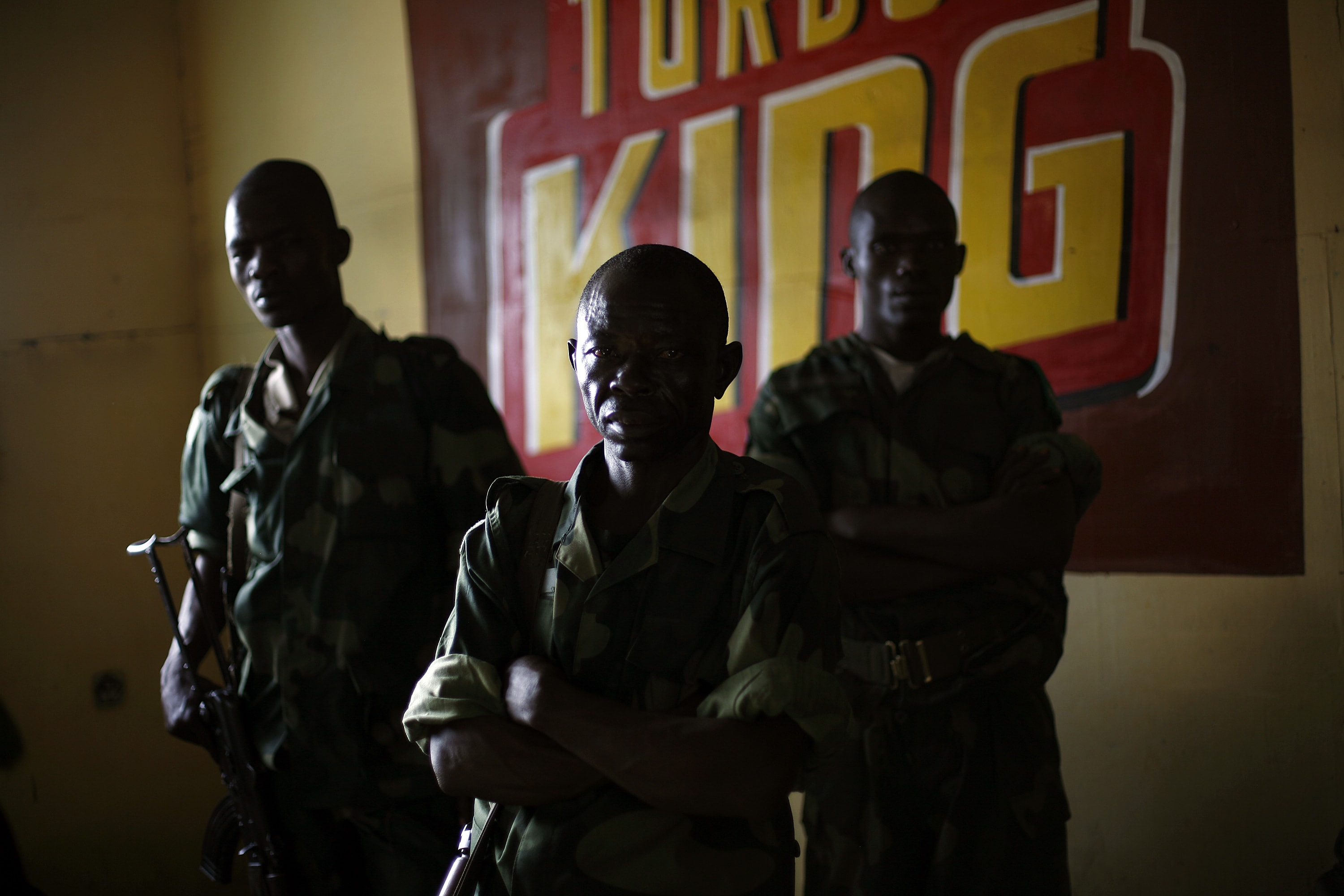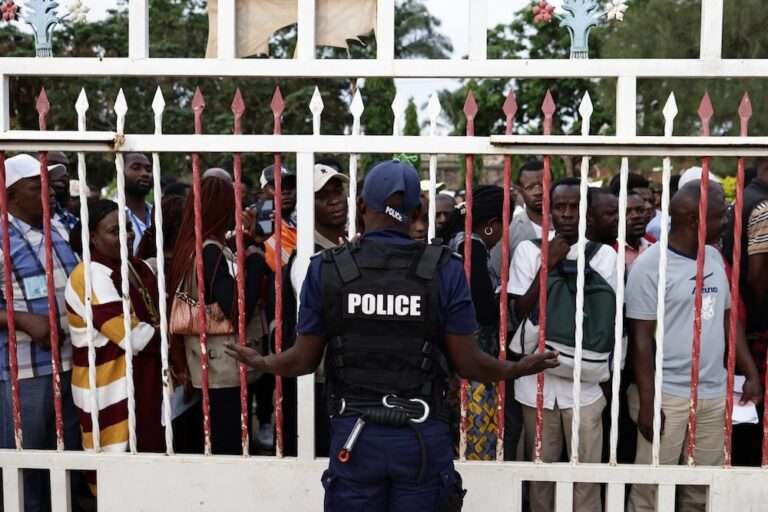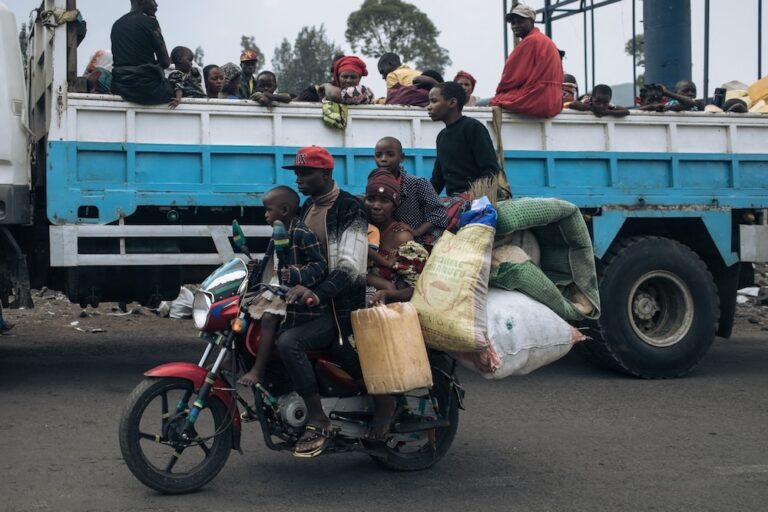In FARDC operations on 8 May, soldiers raided Radio Umoja and Radio Baraka – both based in Baraka, a city near Fizi – in search of journalists who had broadcast an appeal by civil society groups for a two-day general strike in the city in protest against violent crime.
This statement was originally published on rsf.org on 11 May 2016.
Reporters Without Borders joins Journalist in Danger (JED), its partner organization in the Democratic Republic of Congo, in condemning raids by members of the armed forces (FARDC) on two radio stations in the eastern province of Sud-Kivu on 8 May and the arrests of two journalists, one of whom is still held.
RSF calls on the authorities to punish those responsible for these abuses and to release Eboko Amani, the journalist who is still detained. Amani was arrested on 9 May near Fizi, a town in the south of Sud-Kivu province, after his radio station mentioned the alleged role of FARDC members in the murder of a bandit.
In FARDC operations on 8 May, soldiers raided Radio Umoja and Radio Baraka – both based in Baraka, a city near Fizi – in search of journalists who had broadcast an appeal by civil society groups for a two-day general strike in the city in protest against violent crime.
Here is the press release that JED issued on 10 May:
“Journalist in Danger (JED) expresses deep concern about the physical safety of journalists operating in the eastern province of Sud-Kivu, which has seen several attacks by members of the Democratic Republic of Congo Armed Forces (FARDC) in the past few days against journalists who were doing their job.
According to information corroborated by JED, Eboko Amani, a reporter for Radio Muungano in Sebele, a village 12 km outside Fizi, a town located 165 km south of the Bukavu, the provincial capital, was arrested at his home at around 3 p.m. on 9 May by FARDC members and was taken to Fizi, where he is being held in a completely illegal manner at the local FARDC headquarters.
Amani was arrested for broadcasting a report on 7 May about the murder of a bandit on the Sebele road by FARDC members.
At around 9 p.m. on 8 May, a group of armed soldiers attacked Radio Baraka and Radio Umoja in Baraka, a city about 190 km south of Bukavu, seeking those in charge of these two radio stations because they broadcast a message by local civil society groups calling on the local population to observer a two-day general strike in the city in protest against the high level of violent crime.
After first going to Radio Baraka and finding no journalist there, these uniformed soldiers went to Radio Umoja and arrested Gilbert Wasokye, a journalist who was hosting a live programme. He was forcibly taken to FARDC headquarters, where he was held in a cell for several hours, until released at around 9 a.m. on 9 May.
Radio Baraka director Luc Lokendo told JED: “The civil society message that we relayed did not incite the population to rise up against the local authorities. In our various news programmes, we interviewed the territory’s administrator, who urged the public to go about their usual occupations as normal, and we interviewed civil society representatives, who called on the public to heed the strike call.”
JED firmly condemns these attacks on media outlets and journalists in Sud-Kivu province and calls on the military commanders and local and provincial authorities to terminate this interference by the security services in the work of the media.”
The DRC is ranked 152nd out of 180 countries in RSF’s 2016 World Press Freedom Index.



